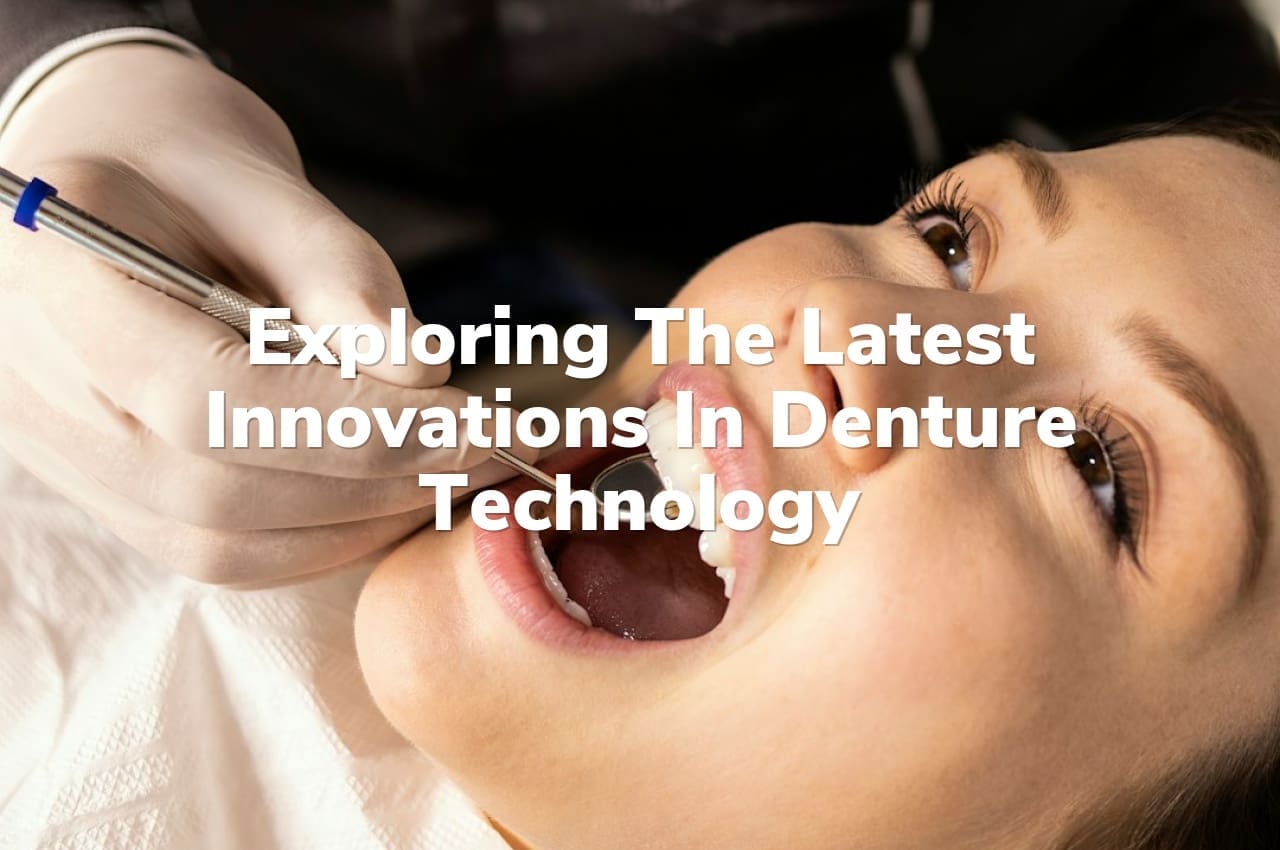What are the best denture options available today? Advances in denture technology have significantly broadened the range of choices available, allowing for more personalized and comfortable solutions. These options vary widely in materials and design, catering to different needs and preferences.
Denture Technology: Initial Healing Phase Post-Extraction
The initial healing phase post-extraction is a critical period that influences the effectiveness of subsequent denture technology applications. After tooth extraction, the body begins a natural healing process to close the wound, which can take several weeks. During this time, the gum tissues heal and the bone around the extraction site starts to remodel. Understanding this phase is essential for both dental professionals and patients to appreciate how it impacts the integration and functionality of new dentures.
As the landscape of denture technology evolves, it’s important to recognize how these advancements can align with the biological processes of healing. For those exploring their options, understanding the connection between healing and the application of new technologies is crucial. For more detailed insights into the types of solutions available, consider exploring What Are the Best Denture Options Available Today? This knowledge is fundamental in navigating the journey towards choosing the right denture technology that complements the natural healing timeline.
Types of Dentures Available
The landscape of denture technology has evolved significantly, offering a variety of options to cater to different needs. Traditional full dentures are designed for individuals who have lost all of their teeth, providing a complete set that rests comfortably on the gums. Partial dentures, on the other hand, are suitable for those who still retain some of their natural teeth. These are crafted to fill in the gaps and are often secured with clips or brackets to the remaining teeth.
Implant-supported dentures represent a modern advancement in denture technology. These are anchored directly onto dental implants embedded in the jawbone, offering enhanced stability and a more natural feel compared to traditional dentures. Each type of denture is designed with specific considerations in mind, ensuring that individuals can find a solution that best fits their situation and lifestyle. For more detailed information on the various options available, visit Okatie Denture Solutions.
Immediate vs. Conventional Denture Timing
In the realm of denture technology, one of the primary considerations is the timing of denture placement, specifically choosing between immediate and conventional dentures. Immediate dentures are designed to be placed immediately after the removal of natural teeth, whereas conventional dentures are fitted after the gums and jaw have healed, which can take several months. This distinction in timing affects the overall adaptation period and integration of the denture technology with the patient’s oral anatomy. Both types play a crucial role in the field of dental prosthetics, catering to different needs and circumstances surrounding tooth loss.
Importance of Gum Tissue Healing
In the realm of denture technology, the healing of gum tissue plays a pivotal role in the overall success and comfort of dental prosthetics. After the loss of natural teeth, the gums undergo a significant healing process that can affect how well dentures fit and function. Proper healing ensures that the dentures can be seated comfortably and securely, minimizing discomfort and improving the wearer’s quality of life. This aspect of dental health is crucial for ensuring that the integration of new dentures is as seamless and effective as possible.
For those interested in exploring more about the latest advancements in denture technology, consider reaching out to Hughes Dental Group Family and Cosmetic Dentistry, your trusted Okatie Dentist.
Factors Affecting Denture Fitting Schedule
The schedule for fitting dentures can vary widely among individuals, influenced by several key factors. Primarily, the health and condition of a patient’s oral tissues play a significant role, as well as the complexity of the denture design required to meet their specific needs. Additionally, the process may be extended if adjustments are needed to ensure a comfortable and accurate fit. Each of these elements contributes to the overall timeline from initial consultation to the final fitting of dentures.
Preparing for Denture Placement
Before you receive your new set of dentures, understanding the steps involved in preparing for denture placement is crucial. This preparation phase is essential to ensure a comfortable fit and optimal functionality of your dentures. Initially, a detailed dental examination is conducted to assess your oral health and any specific needs you might have. This might include taking precise measurements and possibly digital scans of your mouth. Advances in denture technology have significantly improved these processes, making them more accurate and less invasive. Ensuring your gums are healthy and making any necessary adjustments to existing teeth are also critical steps. By thoroughly preparing, you can look forward to a smoother transition to wearing dentures, enhancing both your smile and overall quality of life.
Follow-Up Care and Adjustments
Advancements in denture technology not only enhance the initial fit and appearance of dentures but also streamline the follow-up care and adjustment processes. Regular follow-up appointments are crucial to ensure that your dentures continue to fit properly and comfortably as your facial structure changes over time. These adjustments are a routine part of denture maintenance, helping to prevent discomfort and improve functionality. With the latest innovations in denture technology, dentists can now make more precise adjustments more efficiently, ensuring that your dentures remain a perfect fit for your lifestyle and needs.
Impact of Oral Health on Timeline
Advancements in denture technology have significantly impacted the timeline of oral health recovery and maintenance for individuals using dentures. Modern innovations, such as digitally designed dentures and materials that mimic natural gum tissue, not only enhance comfort but also expedite the adaptation period, allowing users to regain optimal oral functionality quicker than ever before. These technological strides mean that maintaining oral health is more efficient, reducing the risk of complications associated with long-term denture use and ensuring a smoother, faster transition to a restored smile.
Psychological Benefits of Timely Dentures
The advancements in denture technology not only enhance the functional aspects of dental prosthetics but also offer significant psychological benefits. Timely adoption of modern dentures can dramatically improve self-esteem and social interactions, as they restore a natural-looking smile and help eliminate the self-consciousness often associated with tooth loss. Moreover, the latest innovations in denture technology ensure a more comfortable and secure fit, reducing the anxiety associated with slipping or uncomfortable dentures during conversations or meals. Embracing these technological advancements promptly can lead to a happier, more confident daily life.
Conclusion
Exploring the latest in denture technology opens up new possibilities. For further inquiries, call us at 843-705-7066 or read our reviews on Google Maps.

